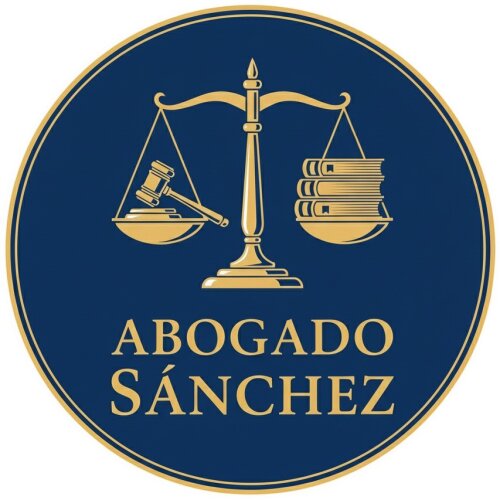Best Family Lawyers in Managua
Share your needs with us, get contacted by law firms.
Free. Takes 2 min.
Free Guide to Hiring a Family Lawyer
List of the best lawyers in Managua, Nicaragua
About Family Law in Managua, Nicaragua
Family Law in Managua, Nicaragua, encompasses a wide range of issues related to marriage, divorce, child custody, child support, paternity, and domestic abuse. This legal area aims to provide a structure to manage personal relationships, protect vulnerable parties, and ensure the welfare of children within the family setup. Nicaraguan Family Law reflects a combination of civil law traditions imbued with cultural and societal norms specific to the region.
Why You May Need a Lawyer
Family law matters are often complex and emotionally charged. Professional help can be invaluable in such situations. You may need a lawyer for situations such as filing divorce or separation, negotiating child custody, child or spousal support, processing adoption, or resolving cases of domestic violence. In these scenarios, a lawyer not only provides legal representation but also ensures that your rights are upheld.
Local Laws Overview
Nicaraguan family law primarily functions under the 'Family Code of Nicaragua' (Código de Familia). This includes regulations about marriages, which must comply with civil registration regardless of religious ceremonies. Divorce laws in Nicaragua work on a fault-based system; adultery, abandonment, and irreconcilable differences are common grounds. Child custody in Nicaragua defaults to the mother in most cases, unless proven unfit. Alimony is not a widespread practice and is usually awarded depending on individual situations.
Frequently Asked Questions
What is the process of divorce in Managua, Nicaragua?
The process of divorce in Nicaragua is a judicial matter where one spouse files a lawsuit against the other. It involves presenting the reason for the divorce, such as infidelity or irreconcilable differences, before the court.
Are prenuptial agreements recognized in Nicaragua?
Yes, prenuptial agreements are recognized in Nicaragua. They must be executived before a notary to be considered valid.
Who gets child custody in a divorce case?
Child custody generally defaults to the mother in most cases unless she is proven unfit. Nonetheless, the welfare of the child is always prioritized by the court.
What is child support, and how is it handled in Nicaragua?
Child support in Nicaragua is legally mandated financial support provided by the non-custodial parent for the well-being of the child. The amount is generally determined by the income of the non-custodial parent and the child's needs.
Can a foreigner adopt a Nicaraguan child?
Yes, foreigners can adopt Nicaraguan children, but they must comply with the International Adoption Law.
Additional Resources
Nicaraguan Supreme Court (CSJ) and National Police provide resources pertaining to Family Law. Local non-profit organizations and women's rights organizations often provide resources for victims of domestic abuse. For more detailed advice and guidance, seek consultation from a local Family Law practitioner.
Next Steps
If you require legal assistance, it's recommended to contact a local lawyer specializing in Family Law. They can provide detailed guidance based on your particular needs. Remember, each legal issue varies greatly, and a professional will be able to provide the most accurate advice. Keep all relevant documents handy, maintain open communication with your lawyer, and understand your rights under Nicaraguan Family Law.
Lawzana helps you find the best lawyers and law firms in Managua through a curated and pre-screened list of qualified legal professionals. Our platform offers rankings and detailed profiles of attorneys and law firms, allowing you to compare based on practice areas, including Family, experience, and client feedback.
Each profile includes a description of the firm's areas of practice, client reviews, team members and partners, year of establishment, spoken languages, office locations, contact information, social media presence, and any published articles or resources. Most firms on our platform speak English and are experienced in both local and international legal matters.
Get a quote from top-rated law firms in Managua, Nicaragua — quickly, securely, and without unnecessary hassle.
Disclaimer:
The information provided on this page is for general informational purposes only and does not constitute legal advice. While we strive to ensure the accuracy and relevance of the content, legal information may change over time, and interpretations of the law can vary. You should always consult with a qualified legal professional for advice specific to your situation.
We disclaim all liability for actions taken or not taken based on the content of this page. If you believe any information is incorrect or outdated, please contact us, and we will review and update it where appropriate.
Browse family law firms by service in Managua, Nicaragua
Managua, Nicaragua Attorneys in related practice areas.









